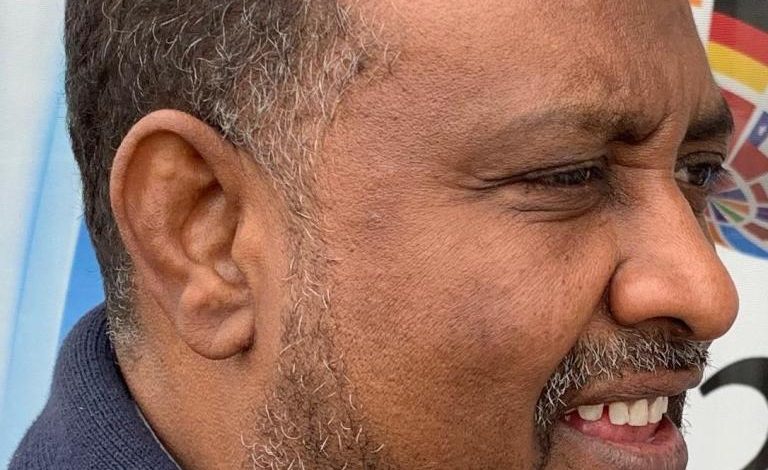When the Soul Withers in the Season of Hope

By Abdulaziz Yaqoub
In a season where souls are meant to rise above the burdens of the body, and mercy is supposed to expand to embrace hearts from every distant land, Sudanese pilgrims found themselves tasting a bitterness unworthy of a sacred place, an honored time, or a human being carrying the longing for devotion and the hope of salvation.
The hardship was not in the circumambulation, nor in the stoning of the pillars, nor even in standing at Arafat. It lay in administrative chaos, the pursuit of an absent or complicit official, and waiting at doors that open only to those with connections, who submit to humiliation, or who pay the price with their dignity.
What happened was not a fleeting organizational mishap, but a blatant exposure of the fragility of the administrative structure, the collapse of the concept of public service, and the erosion of duty from its moral and professional conscience. When serious preparation is absent, coordination is poor, and oversight is compromised, pilgrimage turns from a unifying act of worship into a revealing ordeal—one that exposes reality, not just the soul.
The failures were many: from chaos in accommodation and transportation to the lack of support and care, from disorganized services to an official silence that falls far short of the gravity of the negligence. None of this could have happened had accountability been present, had competence not been replaced with favoritism, and had responsibility not been stripped from those who bear it—just as a cloak is stripped from a body wearied by harsh winds.
These incidents—despite how minor they may seem—are not trivial details. They are bleeding wounds in the national conscience. For rituals, at their core, are not merely isolated ceremonial acts, but moral tests of a state’s ability to safeguard the dignity of its citizens and facilitate an act of worship that is meant to be made easy—not marred by humiliation.
Tragically, this is not an isolated incident. From the pilgrimage season to seasons of war and famine, the same grim scene repeats itself: aid sold in markets, lives extorted in queues, rights buried behind rusted doors—while institutions that are supposed to uphold order merely watch, having been corroded by bribery and negligence, abandoning their purpose of serving the people for the pursuit of power over them.
What we are witnessing is not merely a flaw in services; it is a blatant betrayal of the social contract. When citizens are extorted for their rights, humiliated in their needs, and their dignity reduced to procedures dependent on bribes or allegiance, then the state loses its meaning as a guarantor of justice, and the administrative system becomes a jungle—not an institution.
Thus, delaying accountability and burying the truth under the ashes of “committees” only deepens the wound and the pain. It will not restore the broken trust. These actions must be called by their true names: betrayal of duty, betrayal of trust, and betrayal of the nation.
Upholding the principle of accountability is not a political luxury—it is an ethical necessity to preserve the very idea of the state. There is no justice without accountability, no state without the dignity of its citizens, and no dignity restored as long as officials’ doors remain closed and corruption files gather dust.
The calamity is not in delayed buses, but in the state’s delay to realize that justice begins with the details, and that administrative discipline is not a bureaucratic luxury—it is the practical expression of respect for human beings.
The disaster is not poor coordination, but that the Sudanese citizen is always left marginalized, driven from one hardship to another, while the corrupt feed on the state’s failure to protect their rights.
Unless we confront these deviations as crimes against public conscience, and prioritize the right to service over the legacies of tyranny and indifference, we will not regain the trust we’ve lost—in our institutions or in ourselves.
For this reason, we issue a direct and unequivocal call to the Sovereign Council, the Council of Ministers, the Public Prosecution, and the Ministry of Religious Affairs to open an urgent and comprehensive investigation into what happened regarding Sudanese pilgrims—assigning responsibility and holding accountable all who neglected, exploited, or failed in their duty. Not as a favor to anyone, but as justice for a citizen who asked for nothing more than his right to dignity—and to worship without being humiliated.



